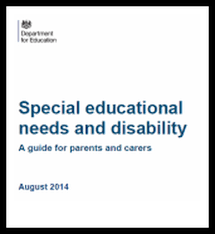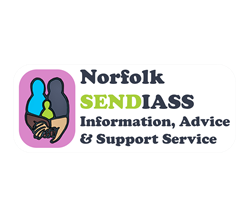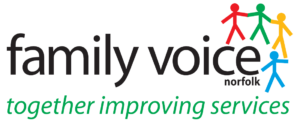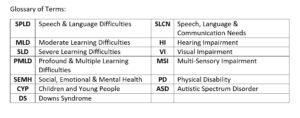What other opportunities exist to support my child’s learning?
At Sidestrand Hall School there are a range of opportunities for children to apply their learning and gain other skills. The extensive facilities and expertise on the staff team contribute to the breadth of learning opportunities on offer. The School uses the 15 acre site to its full potential, outdoor learning includes Forest Schools, gardening, nature trails, mountain bike trail, Go-Kart Track, outdoor play equipment. Specialist areas include a science lab, food technology room, gym, hair and beauty salon, construction and mechanics workshop, art/technology room, ICT suite.
Interventions – A number of our staff are trained to deliver interventions in speech and language, behaviour, THRIVE, emotional literacy and nurture. Education Learning Mentors are available to all children for social, emotional and behavioural support.
Teaching Assistants are allocated to class groups according to their experience and expertise and the needs of the pupils within a group.
We also have a service level agreement with CEPP who provide us with Education Psychologists who at times work directly with our pupils but also offer staff training.
The School’s extended curriculum particularly focuses on emotional and social development and independence. On Theme Days pupils are provided with opportunities to work with other pupils that may be outside of their own class and area of the School.
An independent travel programme is delivered from age 12. It includes finding your way around the school, the local area and training in reading bus time tables and catching local buses to the School’s charity shop ‘Strands’ in Cromer.
The School also runs a House System which provides pupils with the opportunity to take on additional responsibilities such as representing the House in sporting events, it also is linked to our rewards system with pupils earning house points for a wide variety of reasons.
The School has four Phase Leaders who are responsible for pastoral welfare for the pupils within their Phase. Line Managed by the Assistant Teacher for Safeguarding and Welfare, they will monitor the attendance, progress and welfare.
We have a zero tolerance approach to bullying. The School holds an annual Friendship Week when pupils take part in activities that focus on building positive relationships.
Student Voice is also important to us at Sidestrand and we have an active Student Council, with representatives across the school, who meet regularly with a Senior Leader to discuss issues and feedback on ideas to develop the school.

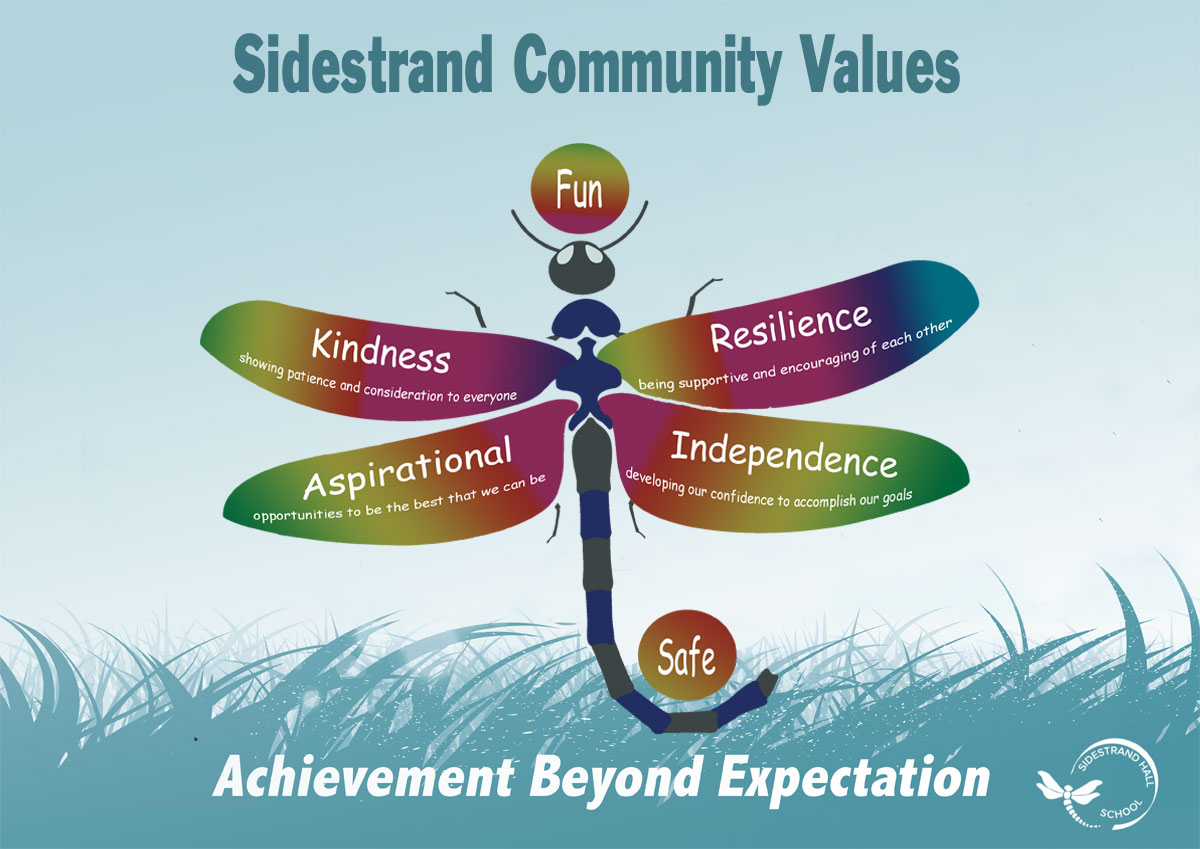
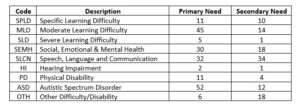
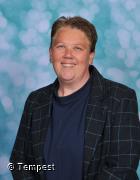 Ms. Shelley Taylor
Ms. Shelley Taylor Mr. Mick Kelly
Mr. Mick Kelly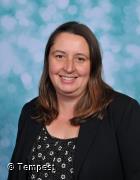 Mrs. Amanda Barley
Mrs. Amanda Barley Mrs. Fiona Drake
Mrs. Fiona Drake Mr. Paul Harrod
Mr. Paul Harrod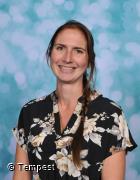 Mrs. Jeanette Botwright
Mrs. Jeanette Botwright Mr. Paul Nerney
Mr. Paul Nerney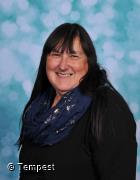 Mrs. Hilary Loftus
Mrs. Hilary Loftus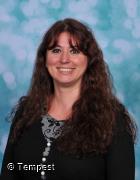 Miss Emma Thurston
Miss Emma Thurston Mrs. Pete Hamilton
Mrs. Pete Hamilton Mrs. Hannah Letts
Mrs. Hannah Letts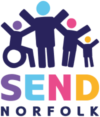 tion about the available provision and how to access it.
tion about the available provision and how to access it.